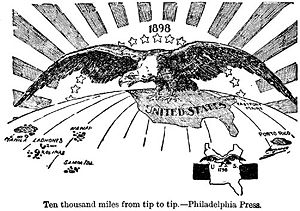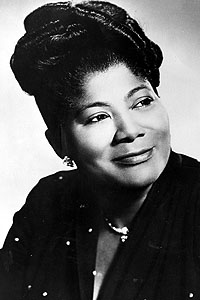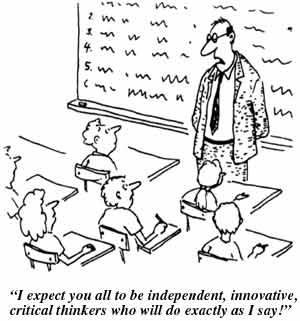Today in class we discussed different ways progressive reformers make positive change in history through photos, books, speeches, protest marches, songs, newspapers, etc. Specifically, we analyzed The Jungle by Upton Sinclair and how it brought positive change to America...
In my opinion...here are the Top 10 books that have either changed or influenced U.S. history:
10.
Negroes with Guns (Robert F. Williams) 1962. Williams details his experience with violent Jim Crow racism, disagreement with non-violent civil disobedience, and a call "to shoot back". The book inspired the Black Panther Party & scared the heck out of J. Edgar Hoover.
9.
The Clansman (Thomas Dixon) 1905. A very, very, very racist book that brought a revival of the KKK and begged White America to fight for racial segregation and white superiority. The book inspired race riots and lynchings...it also was adapted into the #1 selling movie of all time...Birth of a Nation. A history changing (but terrible, terrible) book.
8.
To Kill A Mockingbird (Harper Lee) 1960. A widely read book about racial inequality in the South...it is said to have "affected" the Civil Rights Movement in a way that Uncle Tom's Cabin affected the Civil War.
7.
The Soul's of Black Folks (W.E.B. DuBois) 1903. DuBois argues for equality, voting rights, and a pursuit of higher education/ classical education. An all-time classic...This book inspired the modern Civil Rights Movement.
6.
Native Son (Richard Wright) 1940. Tells the story of a young black man migrating from the Jim Crow South to the south side of Chicago in the 1930's...only to experience extreme poverty and DeFacto Segregation. A book full of social protest themes...eerily similar to Uncle Tom's Cabin!
5.
Narrative of the Life of Frederick Douglass (Frederick Douglass) 1845. A vivid portrayal of the life of slaves and Frederick's dream to be free. This book receives credit for inspiring the birth of the Abolition Movement.
4.
The Jungle (Upton Sinclair) 1906. Describes the struggle of immigrants to survive in search of The American Dream. Brought massive reform to the meatpacking industry and eventually improved (the true intent of the book) the lives of immigrant workers.
3.
Uncle Tom's Cabin (Harriet Beecher Stowe) 1852. An all-time classic...this book is considered by many one of the causes of the Civil War. It "opened the eyes" of northerners to the evil abuses of slavery. It radicalized many abolitionists and pro-slavery groups...
Cannibals All was the southern response comparing northern factory workers to southern slaves.
2.
An Appeal to the Coloured Citizens of the World (David Walker) 1829. David Walker...the original abolitionist and "Father of the Civil Rights Movement" encourages black unity, self-determination, and an active role in the pursuit of freedom. This book inspired generations of Civil Rights leaders including Frederick Douglass, W.E.B. DuBois, Dr. Martin Luther King, Jr., Malcolm X, and many others who read it.
1.
Common Sense (Thomas Paine) 1776. The book that started it all...it sought to convince the colonists with an arguement for freedom from British Rule. The most inflammatory book of the Revolutionary Era...it's impact lead us on the long fight to experience the great truth that "All Men Are Created Equal"!
























